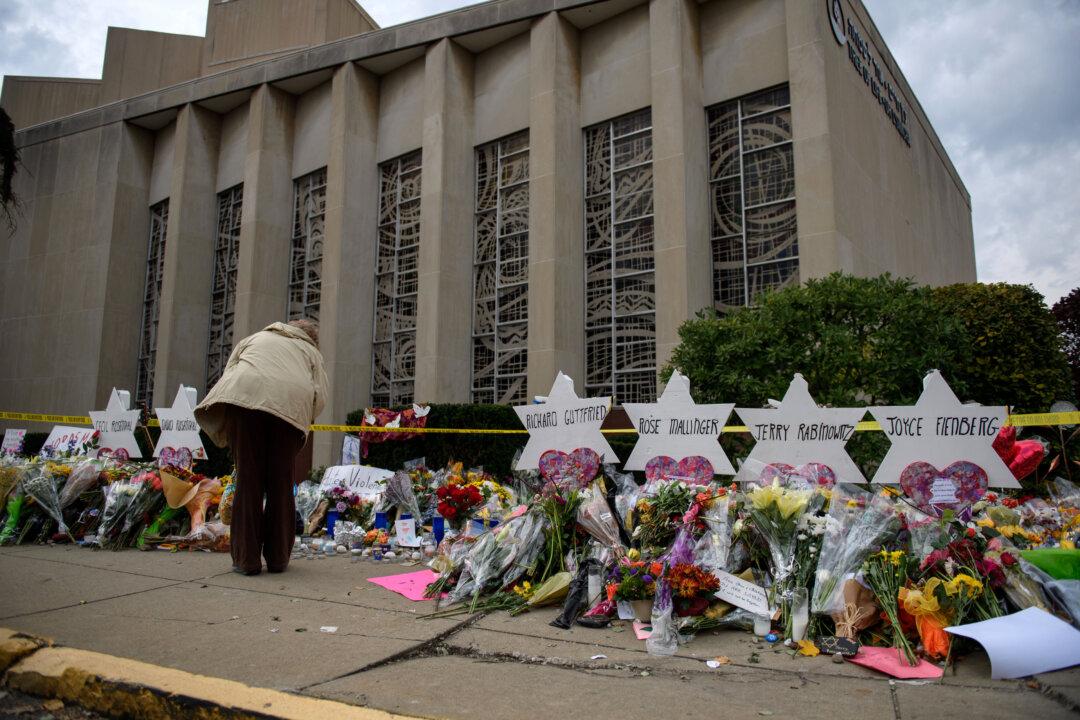PITTSBURGH—On Oct. 27, 2018, a gunman killed 11 people and injured six others at the Tree of Life synagogue in the deadliest anti-Semitic attack in U.S. history.
Less than five years later, the Hamas terrorist group launched in Israel the deadliest single-day anti-Semitic attack since the Holocaust.





